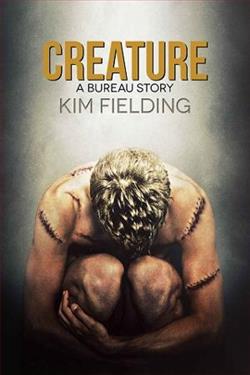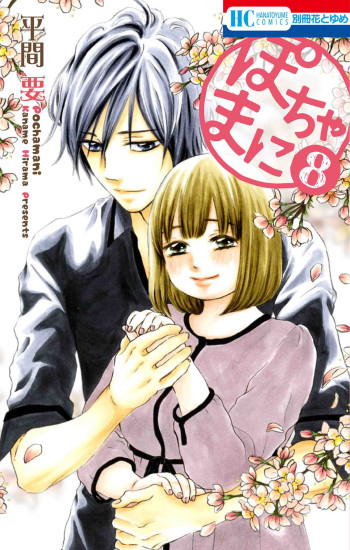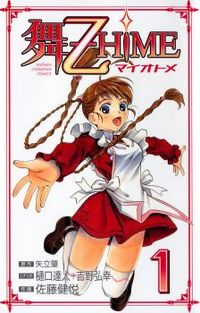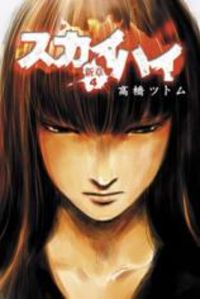Martial Peak Reviews
Kim Fielding’s Creature is an evocative exploration of identity, humanity, and the blurred lines between what is considered monstrous and what is deemed human. Set against the backdrop of 1950s Los Angeles, the novel weaves a compelling narrative that delves into the complexities of memory, self-discovery, and the quest for belonging. With its intriguing premise and richly developed characters, Creature offers a thought-provoking journey that resonates on multiple levels.
At the heart of the story is John, a character shrouded in mystery, who awakens in a cell devoid of memories. This lack of past creates an immediate connection with readers, as they are invited to unravel the enigma of John's identity alongside him. Fielding skillfully uses John's amnesia as a narrative device to explore themes of self-discovery and the search for meaning. The absence of memory becomes a metaphor for the universal human quest to understand one's place in the world, making John's journey both personal and relatable.
Contrasting John's blank slate is Harry, a man burdened by the weight of his past. Harry's character is a poignant portrayal of resilience and determination in the face of adversity. His dream of becoming an agent with the Bureau of Trans-Species Affairs is not just a career aspiration but a symbol of his desire to transcend his painful history and find purpose. Fielding crafts Harry with a depth that makes his struggles and triumphs deeply affecting. His journey is one of redemption and self-acceptance, and readers will find themselves rooting for him as he navigates the challenges that lie ahead.
The dynamic between John and Harry is central to the novel's emotional impact. Their relationship evolves from one of necessity to a profound bond that challenges societal norms and perceptions. As they work together to confront a man obsessed with conquering death, they must also confront their own fears and prejudices. Fielding deftly explores the theme of what it means to be human, questioning the arbitrary distinctions between monsters and men. This exploration is reminiscent of Mary Shelley's Frankenstein, where the true monster is not the creature but the societal rejection and fear of the unknown.
Fielding's portrayal of 1950s Los Angeles adds a rich layer of atmosphere to the narrative. The setting is not just a backdrop but an integral part of the story, reflecting the societal attitudes and prejudices of the time. The era's tension and uncertainty mirror the internal struggles of the characters, creating a cohesive and immersive reading experience. The historical context also serves to highlight the timeless nature of the novel's themes, as issues of identity and acceptance remain relevant in contemporary society.
One of the novel's strengths is its ability to balance action and introspection. The plot is driven by a sense of urgency as John and Harry work to thwart a dangerous adversary, yet Fielding never loses sight of the characters' internal journeys. The pacing is well-crafted, allowing for moments of reflection and growth amidst the tension. This balance ensures that the novel is both engaging and thought-provoking, inviting readers to ponder the deeper questions it raises.
In terms of character development, Fielding excels in creating multidimensional characters who defy easy categorization. John and Harry are not defined by their circumstances but by their choices and actions. Their growth is organic and believable, making their transformations all the more impactful. The supporting characters, too, are well-drawn, adding depth and complexity to the narrative. Each character serves a purpose, contributing to the overarching themes and enhancing the story's emotional resonance.
Comparatively, Creature shares thematic similarities with works like Kazuo Ishiguro's Never Let Me Go, where questions of identity and humanity are central. Both novels challenge readers to consider what it means to be human and the ethical implications of scientific advancement. However, Fielding's work stands out for its unique blend of historical fiction and speculative elements, creating a narrative that is both grounded and imaginative.
Overall, Creature is a compelling and thought-provoking novel that lingers in the mind long after the final page is turned. Kim Fielding has crafted a story that is both entertaining and profound, inviting readers to reflect on the nature of identity, the power of memory, and the true essence of humanity. With its richly developed characters, evocative setting, and resonant themes, Creature is a must-read for anyone seeking a story that challenges perceptions and celebrates the complexities of the human experience.






![The Countdown of My Death is Spamming My Status Window [Official]](/upload/pic/manga/the-countdown-of-my-death-is-spamming-my-status-window--official-.jpg)

















Reviews 0
Post a Reviews: